Posted on 4/21/2023
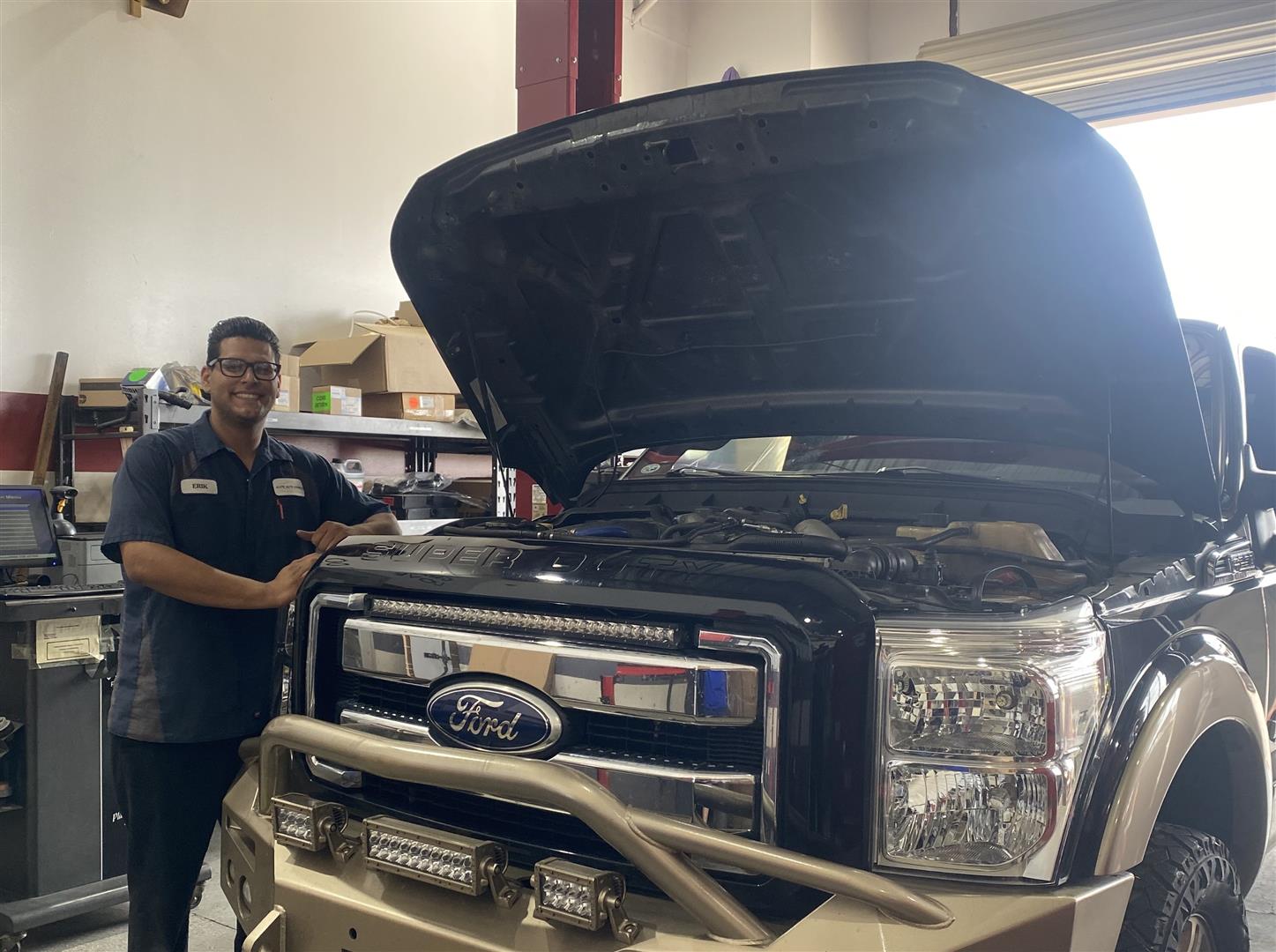
Benefits of Diesel Cars: One of the most significant advantages of diesel cars is their fuel efficiency. Diesel engines are designed to get better gas mileage than gasoline engines, making diesel cars a cost-effective choice for those who frequently drive long distances. Additionally, diesel engines produce more torque, which is helpful for towing and hauling heavy loads. Diesel cars also have lower carbon dioxide emissions, making them more environmentally friendly. Diesel engines use less fuel, which means they produce fewer greenhouse gases and less pollution. Another benefit of diesel cars is their longevity. Diesel engines are built to be more durable and long-lasting than gasoline engines, which means that with proper maintenance, a diesel car can last for hundreds of thousands of miles. Maintenance for Diesel Cars: Proper maintenance is crucial for ensuring the longevity and reliability of diesel cars. Some of the key maintenance ta ... read more
Posted on 4/19/2023
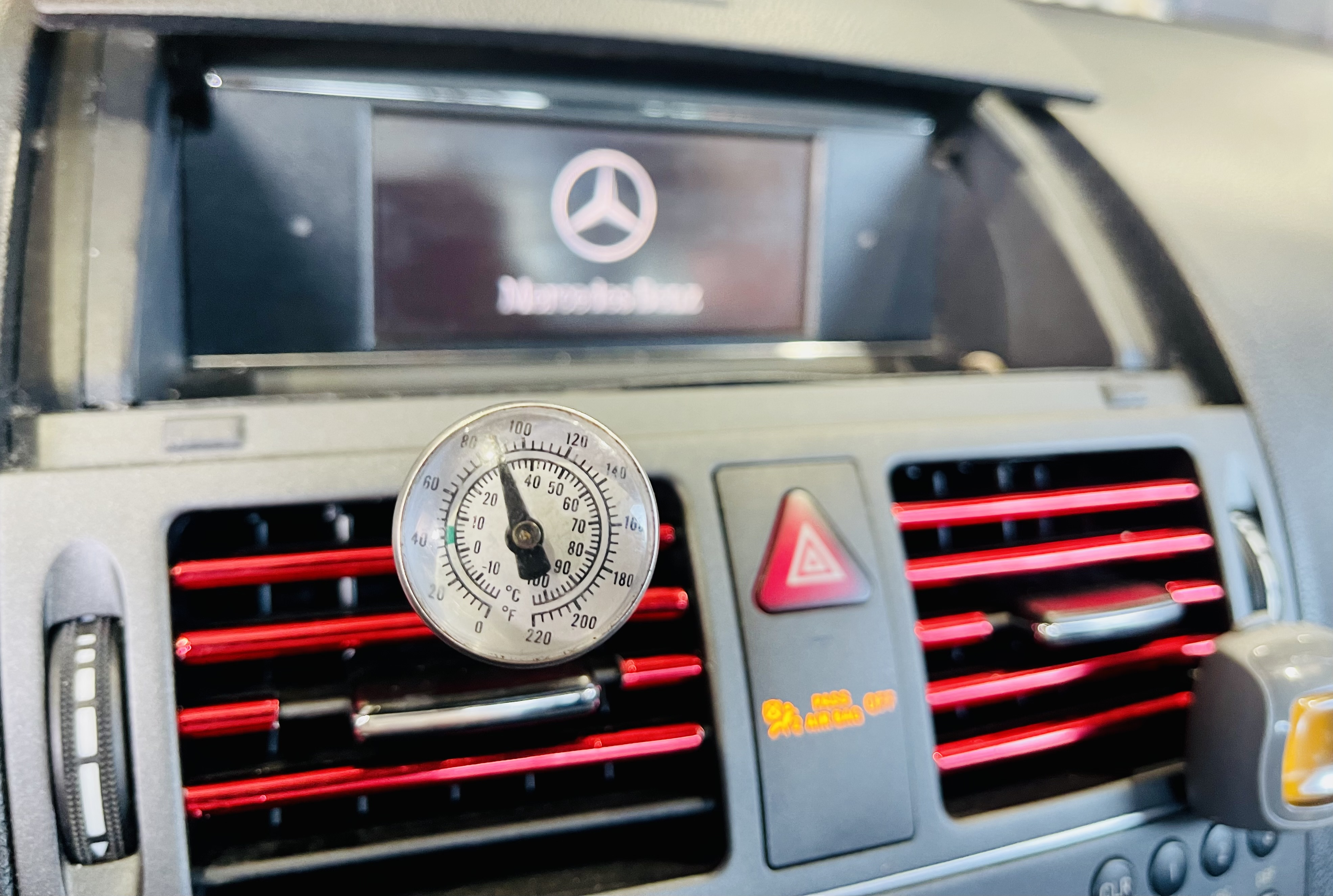
Your car's air conditioning (A/C) system is an important component that helps you stay cool and comfortable on the road, especially during the hot summer months. But do you really understand how your A/C system works? In this ultimate guide, we'll take a closer look at the different components of your car's A/C system and how they work together to keep you cool. Compressor: The compressor is the heart of your car's A/C system. It pressurizes and circulates the refrigerant through the system. The compressor is driven by a belt connected to the engine, and it works by compressing the low-pressure refrigerant gas into a high-pressure gas. Condenser: The condenser is located in front of the radiator and removes heat from the refrigerant. The refrigerant gas enters the condenser as a high-pressure gas and is cooled down as it flows through the fins of the condenser. The cooling process causes the refrigerant to condense into a liquid state. Evaporator: The evaporator is l ... read more
Posted on 4/18/2023
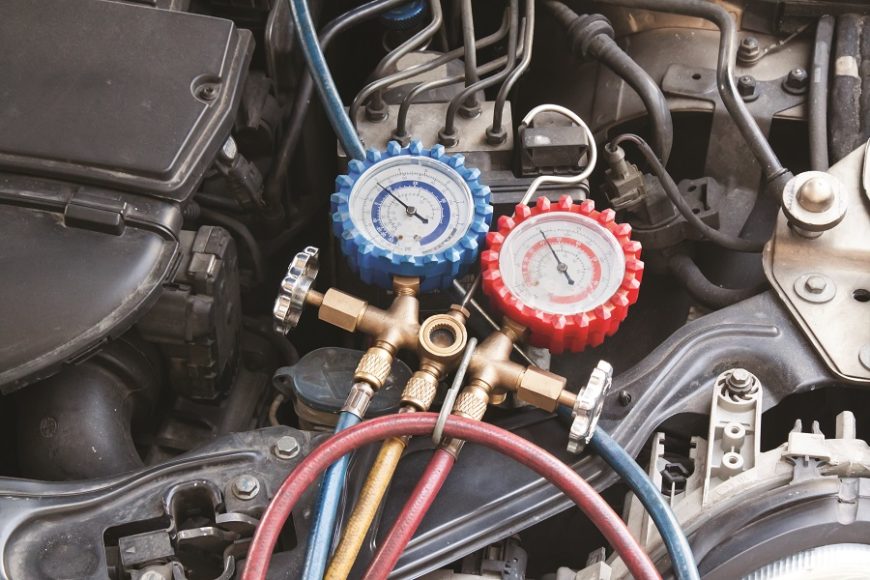
Your car's air conditioning (A/C) system is crucial for staying cool and comfortable on the road, especially during the hot summer months. However, like any other system in your car, your A/C system can experience issues from time to time. At Elite Auto Experts, we offer comprehensive A/C checks to diagnose and repair a range of A/C issues for all types of vehicles, including Euro cars and diesel vehicles. Here are some common A/C issues and how we can help: Lack of cold air: If your A/C system is not blowing cold air, it could be due to a refrigerant leak, a clogged or dirty cabin air filter, a malfunctioning compressor, or other issues. Our experienced mechanic can diagnose the issue and provide the necessary repairs. Strange noises: Unusual noises coming from your A/C system, such as grinding, squealing, or hissing sounds, could indicate a range of issues, from a worn-out compressor to a refrigerant leak. Our A/C checks can help pinpoint the problem and provide a solution. W ... read more
Posted on 4/17/2023
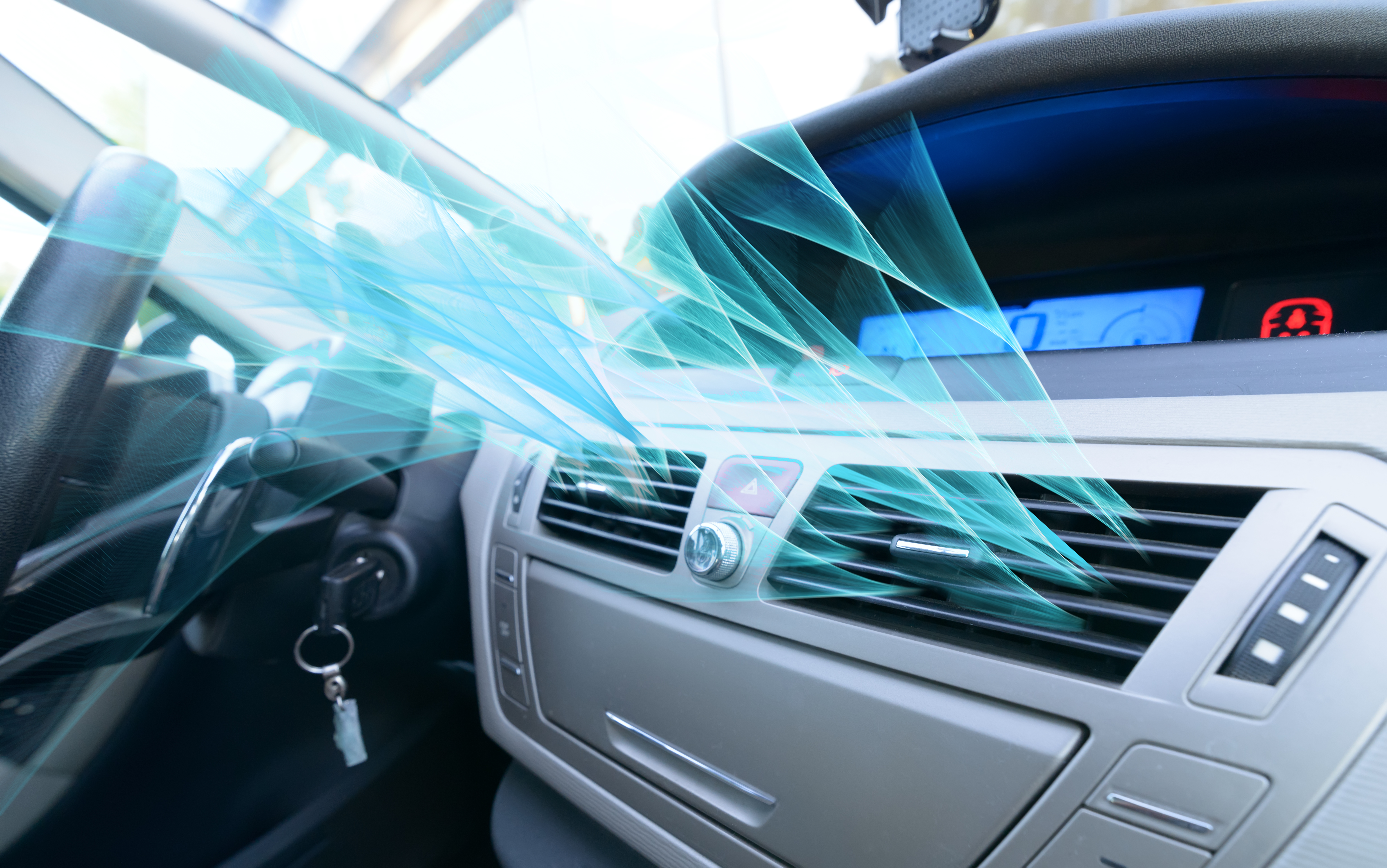
With the hot summer weather right around the corner, it's important to make sure that your car's air conditioning (A/C) system is running efficiently. Not only will it keep you cool and comfortable on the road, but it can also save you money on fuel costs. Here are some tips on how to keep your car's A/C running efficiently in hot weather: Park in the shade: When possible, park your car in the shade to keep it cooler and reduce the strain on your A/C system. If shade isn't available, consider using a sunshade to block the sun's rays from entering your car. Keep your windows cracked: Before turning on your A/C, roll down your windows and let the hot air escape for a few minutes. This can help reduce the workload on your A/C system and make it more efficient. Regular maintenance: Regular maintenance is crucial to keep your car's A/C running smoothly. This includes checking the refrigerant levels, cleaning the condenser coils, an ... read more
Posted on 3/22/2023
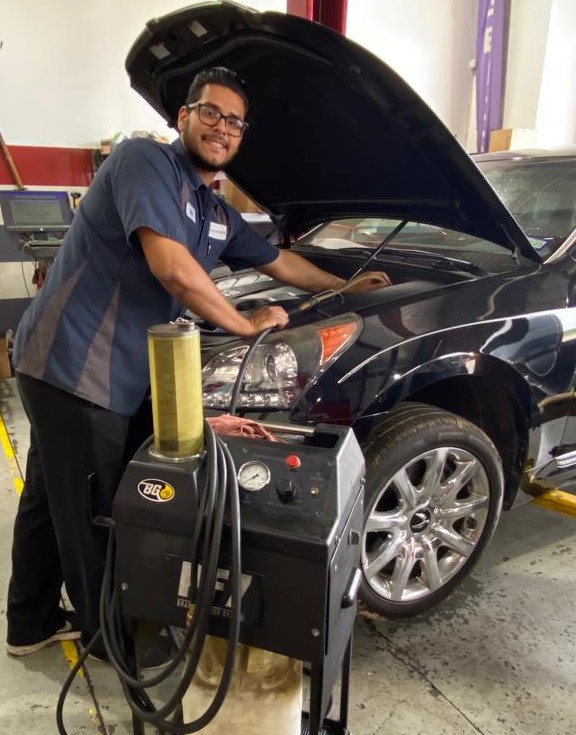
Your car needs fluid flushes because, over time, the fluids in your vehicle's various systems can become contaminated with dirt, debris, and other contaminants that can cause them to break down or become less effective at doing their job. Fluid flushes help to remove these contaminants and replace the old fluid with fresh, clean fluid, which helps to keep your vehicle's systems running smoothly and efficiently. Here are a few examples of the different types of fluid flushes your car may need: Transmission fluid flush: This fluid can become contaminated which can cause it to break down and become less effective at lubricating and cooling the transmission. Coolant flush: Coolant can become contaminated which can cause it to lose its ability to cool the engine properly. Brake fluid flush: This can become contaminated with moisture, which can cause it to boil and reduce its effectiveness at stopping the vehicle. Power steering fluid flush: Over time, power steering fluid ... read more
Posted on 3/7/2023
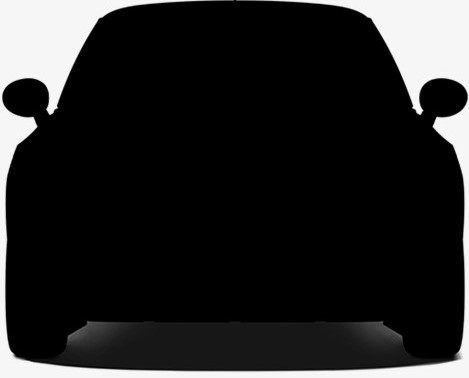
What car should I buy? “What Car Should I Buy” There are many options on the market right now that can be overwhelming, from small vehicles like Hatchbacks to big SUVs with 3-Seat Rows, using gasoline all the way to Electric. It will all depend on the use you will give it, if you need it for daily duties, the functionality should prime. There are some considerations that you can look into like: how many Passengers, the long commute, Vehicle Features, and Cargo Capacity. If you have little children another aspect of your car is Safety and if it allows installing a Child-Seat. Set your Budget, cash or credit, cost of depreciation, “Car insurance”, maintenance, and fuel. Consider your monthly expenses and how much you can comfortably afford to spend on a car. Look for used cars and set up a driving test. This will give you a feel for the car's handling, comfort, and overall driving experience. Take the car for a spi ... read more
Posted on 2/21/2023
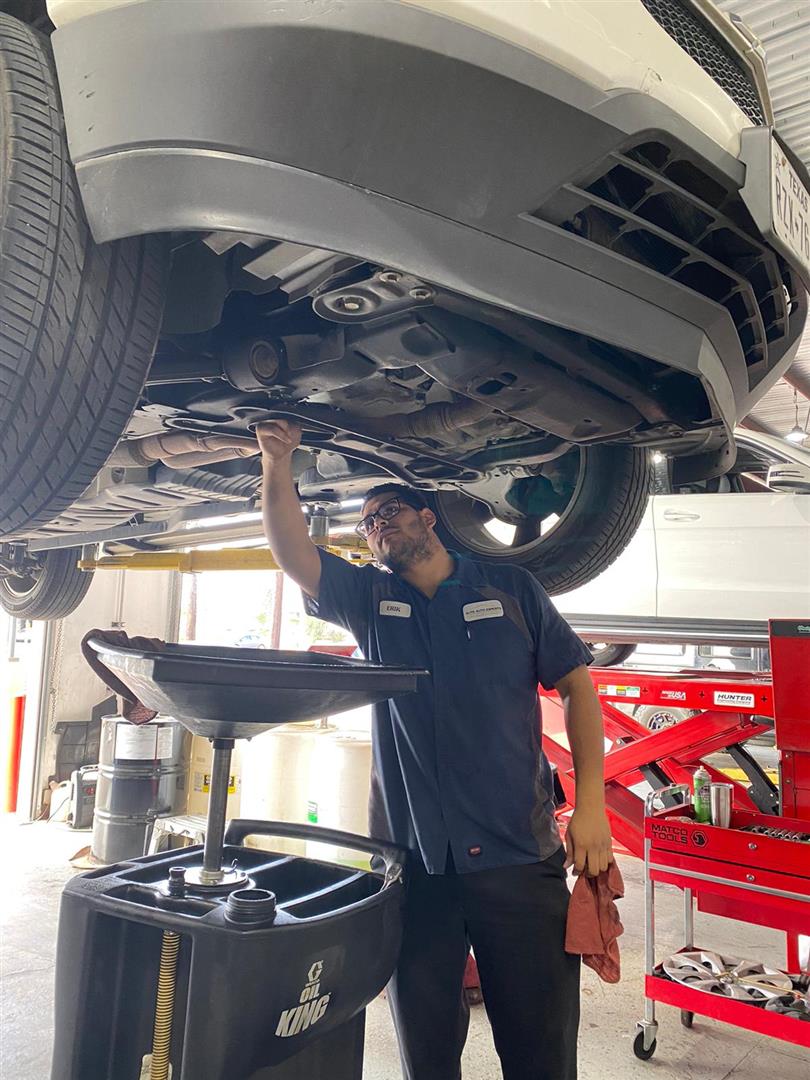
"How Often do I Need to Take my Car to Maintenance" Vehicles that are Newly Made Models have a Maintenance reminder system on the Dashboard that shows you when services are needed Oil Changes, Filter Replacement, and fluid level checks. Tracking mileage, and the conditions under which your car is being operated to give a more accurate picture of what service is needed and when. It’s essential to consult your owner’s manual for your car’s specific needs because service schedules vary from each vehicle range, here we offer a list of the common mileage services: Change Oil and Rotate Tires every 6,000 miles Replace the Battery and Timing Belt every five years Flush the Steering System and Fuel filter every 30,000 miles Change the fluid and the filter every 60,000 miles in with Automatic transmission Change Spark plugs every 40,000 miles Replace the Air filter every 15,000 to 20,000 miles Go to your Auto Repair Near Me or ... read more
Posted on 2/13/2023
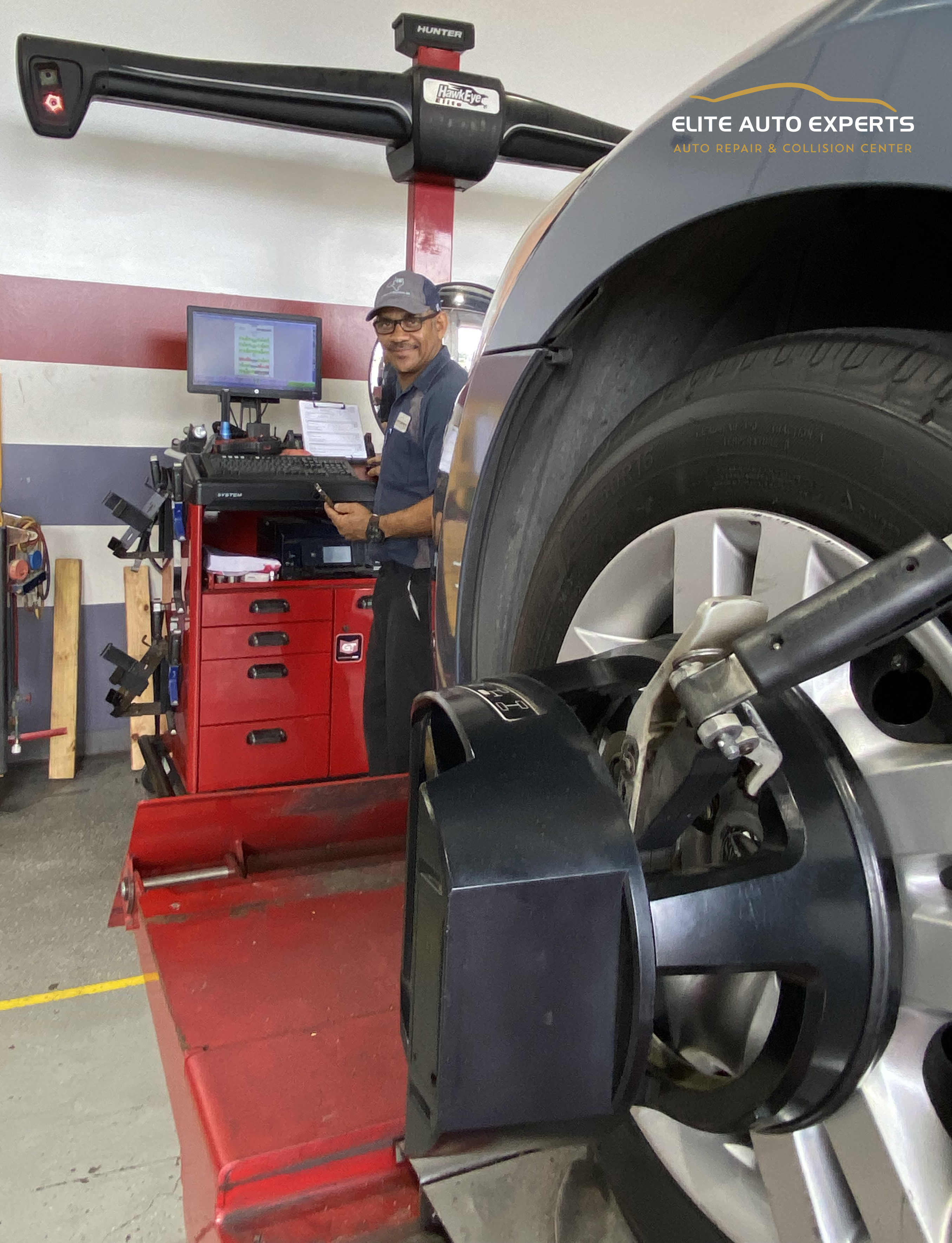
To help your tires perform properly, help them last longer, and keep your vehicle from pulling in one direction or vibrating on the road are some reasons to make a tire or wheel alignment. Wheels could come out of alignment with even a minor accident or with something so simple as hitting potholes or even bumping a curb. Not performing a wheel alignment can lead your tires to uneven tire wear, and diminish your suspension quality. In addition to this, there is more risk to you as a driver and to others around you. Wheels alignment needs to be made periodically. It is recommended to schedule an alignment every other oil change, or approximately every 6,000 miles. When the alignment it’s being performed, your vehicle is put on a rack and the wheels are rotated and adjusted, so they're properly aligned to fit your vehicle and the manufacturer's recommendations. The wheels can have camber, caster, and toe adjustments with the alignments. The staff at Elite Auto Experts w ... read more
Posted on 2/6/2023
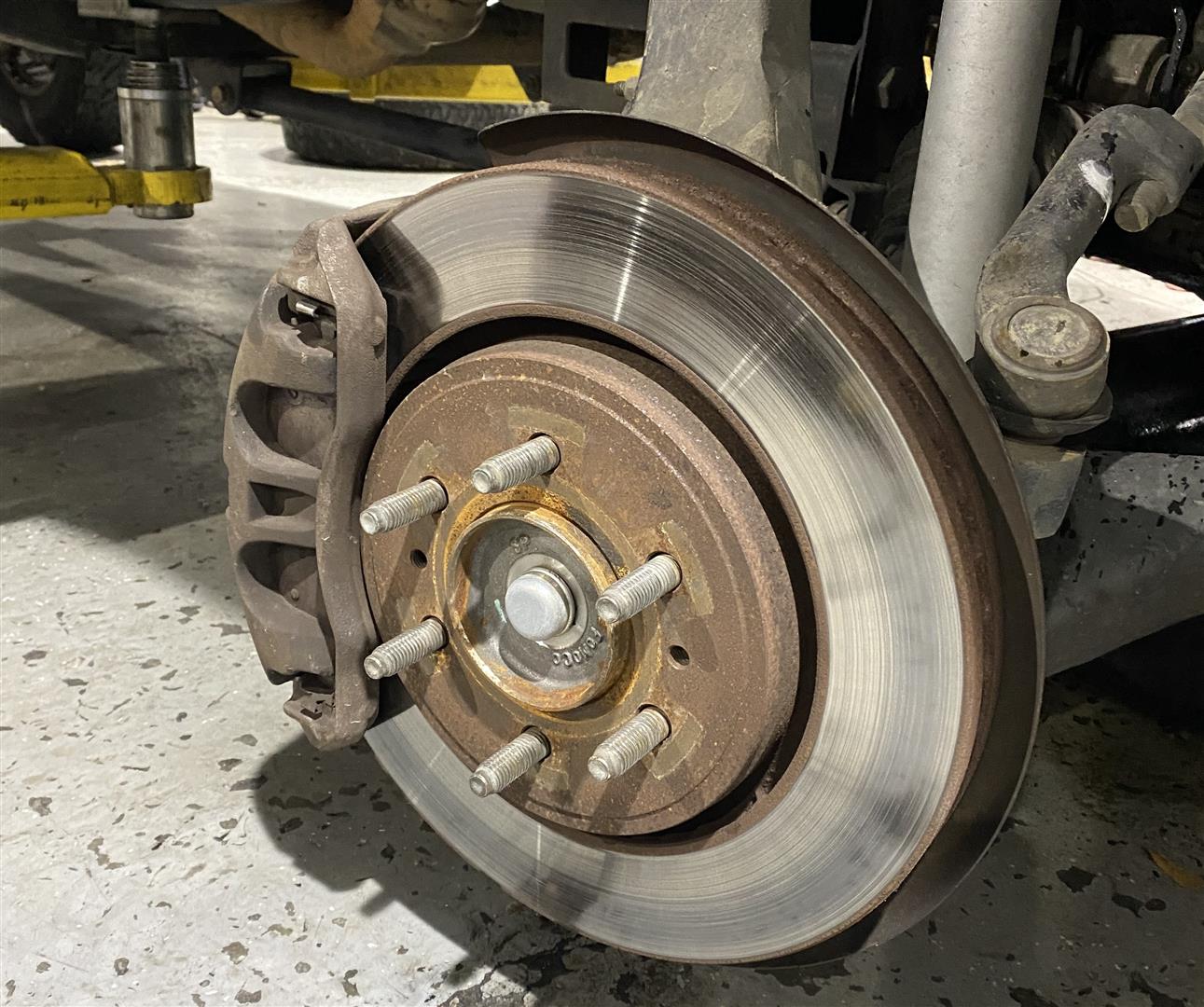
If when stopping or slowing down you hear grinding noises, your brake pads are most likely the issue. Over time your brake pads lose their thickness and you'll hear a grinding noise as they wear down further, the squealing noise also called “brake scrubbing”. This is because of the lack of pad material in the brakes making the rotor disc and caliper rub against one another. The rotors and pads become metal to metal. This friction can result in serious damage if not resolved immediately. If you hear your brakes grinding when traveling at a steady speed that may be due to rocks between the caliper and the rotor. This is most common when traveling off-road. You can still drive when your brakes are grinding, but it is not safe and it could make the issue worse and increase the cost of repair. To resolve this problem you will need to have your brake pads replaced, but you may also need to replace both your discs or rotors at this point. The ... read more
Posted on 1/30/2023
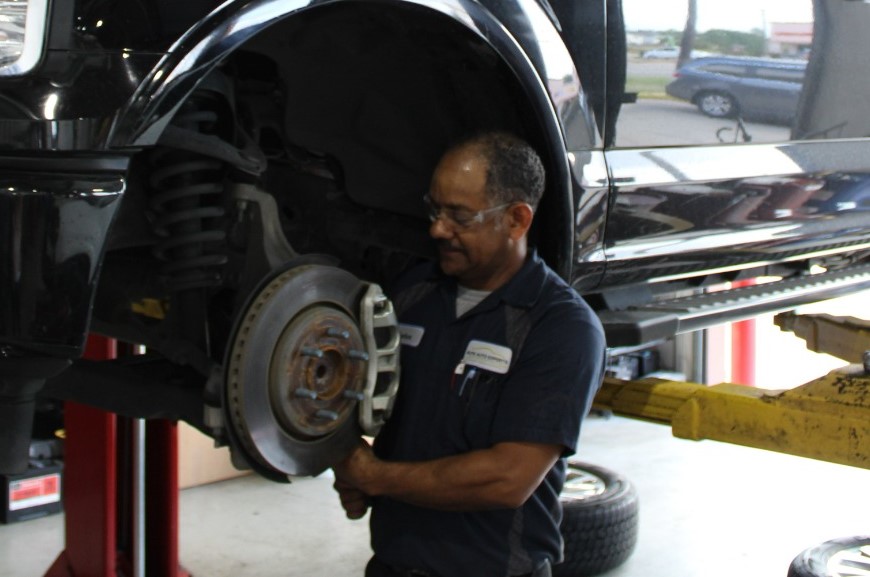
Different components work together and create the friction necessary to stop your car safely and quickly. As these parts wear down from use over time, they become less effective at stopping. These parts include Brake lines. Most cars have a hydraulic system pressure. This system uses brake fluid to apply pressure onto your brake calipers when pressing the brake pedal. Brake pads. This is a component of the disc brakes made from different metals with friction material attached to the surface, the brake pads work by pressing against the rotor and creating the friction necessary to slow and stop the car. Rotors. They are bowl-shaped and attached to the wheel. When you step on your brake pedal, your vehicle's brake pads are compressed against the rotor creating friction. Calipers. The brake caliper houses your car's brake pads and pistons. They squeeze the brake pads against the rotors to slow and stop the car. Signs your brakes and rotors need replaci ... read more